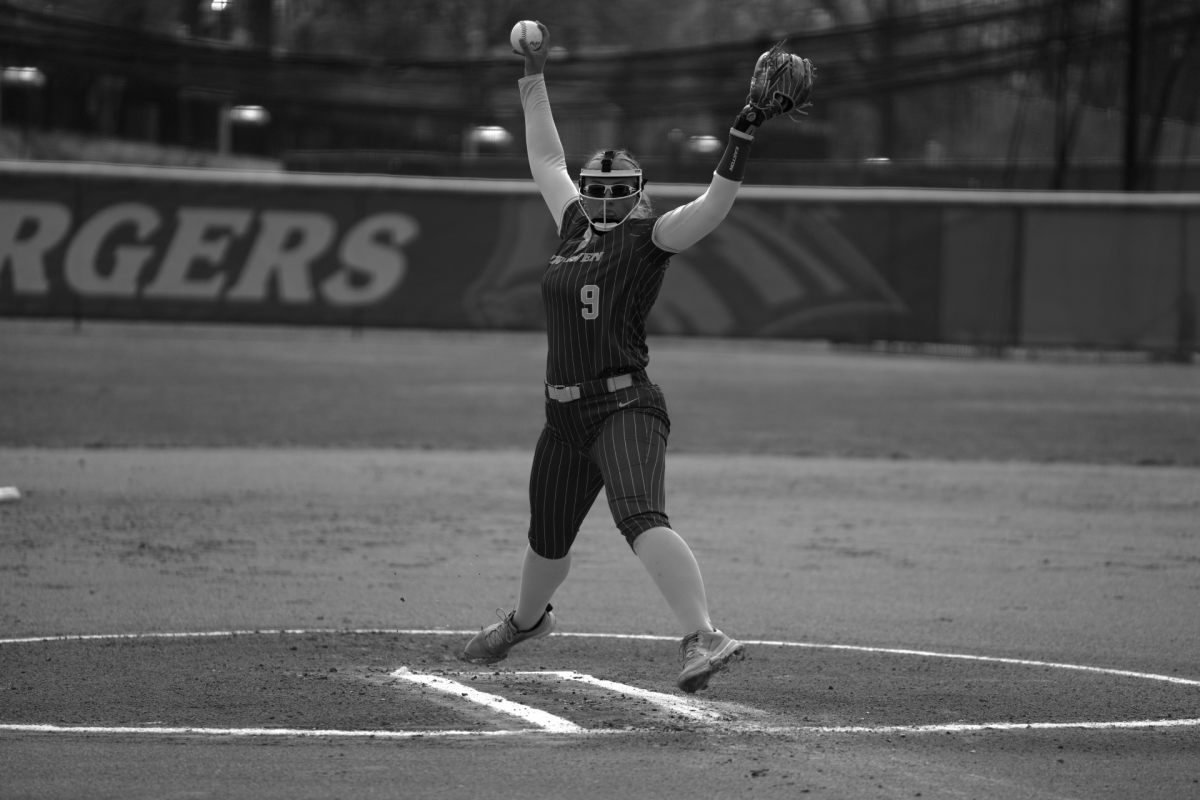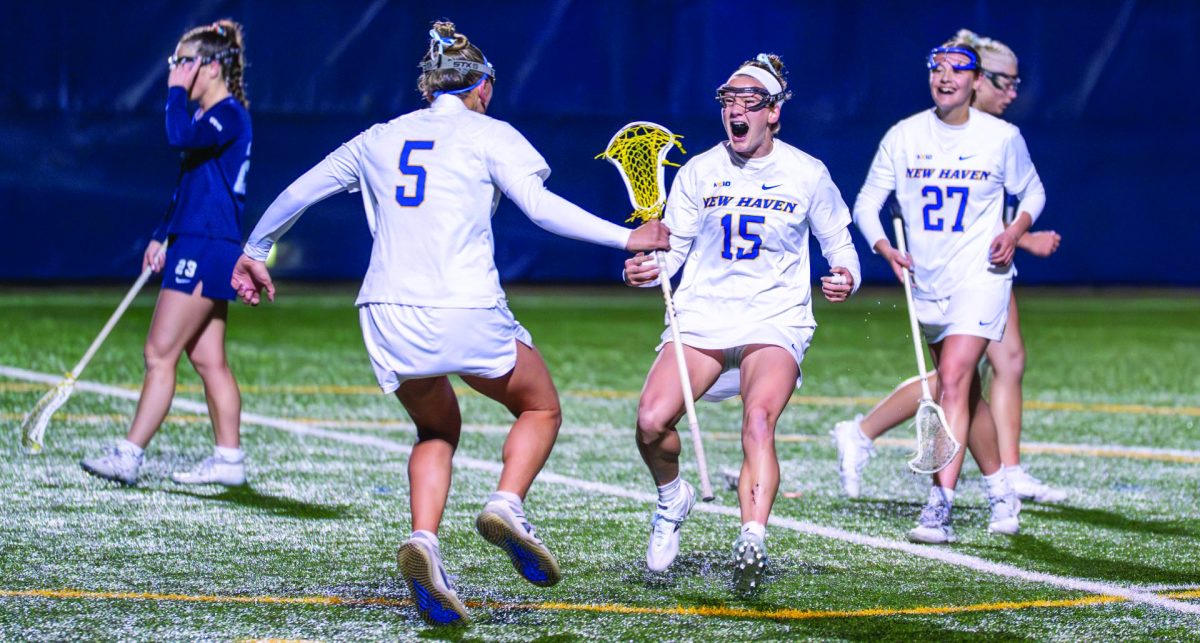An unexpected break from school during Hurricane Sandy was too good to be true.
There are always strings attached when it comes to the legality of class attendance. Since classes were cancelled for three days due to Superstorm Sandy, students missed two Monday/Wednesday classes and one Tuesday class. Soon, the semester will be over, so professors need as much time as possible to get through their curriculum.
In order to make up for the lost time, professors have been given the option to utilize the Reading Day, Tuesday, Dec. 11, for Wednesday classes.
The hurricane has as many effects, as it does names. Frankenstorm took Halloween from various cities within affected states, has left many without power to date, and has left families devastated with the loss of their homes. Right when the UNH campus was thought to have dodged a bullet, it boomerangs back.
“Several options had been explored for scheduling make-up days. No plausible solution was found to make up all three days that would not result in equally inconvenient schedule conflicts at other times,” Gordon R. Simerson, Associate Provost for Undergraduate Studies, Assessment & Accreditation, stated in an email sent out to students Tuesday, Nov. 7.
Even though this gives professors the chance to catch up and get back on track with their syllabuses, it is at the expense of a Reading Day which students have always counted on to get some extra cramming in before their finals. Last year, there were two scheduled reading days, but this year only one fit in the schedule, and now it is possible some students will not even get the advantage of having any at all.
Sports practices are even put on hold so students can remain focused on finishing their semesters strong. But this year, if your Wednesday class professor(s) feel the need to make up a day, they will be able to on Tuesday, Dec. 11 during the usual Wednesday time and place.
“The choice belongs to the instructor. Instructors who will use the day as a make-up class will give their students ample forewarning,” says Simerson. Professors are still given the option to approach the situation with other methods of making up the missed classes, and will have to inform their students of their alternate plans.
It was not only about the missed material in classes, but students who were not able to return to campus before their residence halls opened Wednesday, Oct. 31, or even before their classes Thursday, asked about a “grace period” for attendance.
Simerson also informed students in the email that “instructors who use the day as a make-up class opportunity will have priority for use of the time and classroom space over instructors holding review sessions. There will be a few instances where faculty offering make-up classes will face a conflict with other classes’ review sessions. This is unavoidable, and we must remember that the faculty’s efforts to make up normal class meetings must take precedence.”
Because classes were cancelled it is possible that teachers’ lessons may need to be cut short, or cut out entirely. The last few days of scheduled classes sometimes are already allotted for review; since that time was lost, it may be even harder on the students if they are not able to make a review session because they have to make up a class instead.
“We should not lose Reading Day. It is the day before exams, and it gives you more time to study, and it will be too much for the students if more information is taught right before the exam,” says sophomore Leslie Barrios.
Some students take reading day seriously and other use it as an excuse to sleep in late and not have class. “To be honest, I feel like Reading Day is essential for some. I study before and use Reading Day to review, but some students abuse its purpose and cram at the last minute, so they still need the day,” says sophomore Melissa Scott. “Each student has their own study routine, but they should be able to continue to do what works for them.”
“It doesn’t affect me much. It’s important to get all you can out of the class, and you will eventually get tested on the material either way,” adds Scott. “It seems more reasonable to make up the time by taking time away from a break instead of a necessary Reading Day.”
Sophomore Caitlin Izzo commented, “If material is on the final then it makes sense to have class on Reading Day, however I would prefer they don’t test information that was not taught.”
“Make-up day should strictly be used for students to make up work or meet with their professors. For pre-med, pre-dental and pre-law their GPA is important and for students who are borderline failing, they need the time to catch up,” says an anonymous teacher who has multiple classes on Wednesdays that suffered.
Students pay a lot of money for the classes they take, and many feel they deserve to get their money’s worth. One suggested solution would be to do nothing, but no matter what decision was made, someone would get the short end of the stick.
“We provided an official decision,” said Simerson. Outside of doing nothing, Simerson explained other options that were considered. The time could have been made up on weekends, extend the semester or take away time from vacation, but this would create problems for students and faculty who have already made their travel plans, and for the university who would lose a lot of money if meal plans had to be adjusted for the extra time on campus.
“It all depends on the calendar, and we start at the end of December and work our way back to August to plan the most efficient schedule,” said Simerson. “We don’t want to keep students on campus during December longer than we have to, and we have to treat undergrads and graduates the same.”
The ultimate decision is up to the individual professors, but when asked, Simerson does not believe many teachers will use Reading Day. Students can never get back lost time, but it is necessary to consider what would benefit the students most when preparing for their finals.













